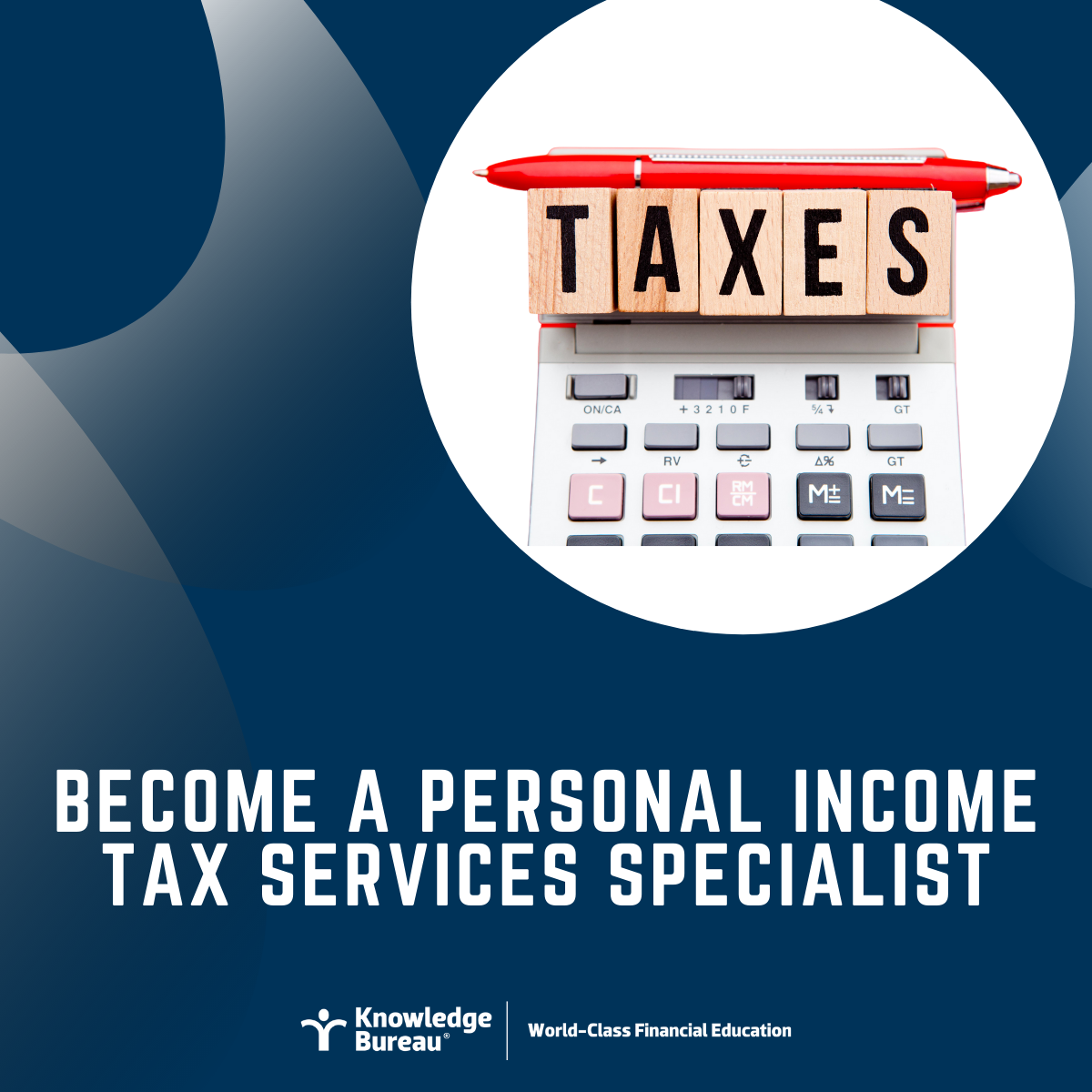Executor: Tips When Preparing to File Final Returns

Diane Elliott, DFA - Tax Services Specialist, RWM-Real Wealth Manager
Have you agreed to be an executor for a loved one? I just know you want to be ready and informed about what to do when the time comes. When it is time to ‘be’ the executor, you could very well be feeling the emotions of your loss. For that reason, amongst others, the time to check into what is involved is NOW!
The old saying – nothing is certain but death and taxes is oh so accurate. When death occurs, tax duties certainly follow. Read on for five steps of planning ahead so you can facilitate the preparation of your loved one’s final return(s).
Step One –Be Prepared (congrats, you’ve already started by reading this article): Talk to your loved one – oh so many questions to ask. What are their wishes? Where do they keep their assets, accounts, valuables? Who are their most trusted advisors? Get to know them. Have they or can they provide advise that will alleviate the tax burden for that final tax bill or reduce probate fees? Where is your loved one’s will? Have they pre-arranged their funeral arrangements? If you know where to look and who to talk to once you ‘are’ the executor your task will be much less stressful.
This next point does not have to do with taxes, but may provide another discussion point with your loved one (because, well, being an executor is not JUST about finance and taxes). A funeral officiant recently mentioned that many family members do not know what hymns or songs the deceased liked best and would perhaps like played or sung at their funeral. In that discussion, we decided that asking the loved one to include a list in with their will would be a wise idea. Your thoughts?
Step Two – Time for Informing: Your loved one has passed; you are now the individual to make arrangements and informing others. After breaking the news to close friends and relatives,  you will be most likely be talking with the funeral director next. They, of course, will work with you to facilitate any funeral arrangements. However, did you know that they quite often will do more than that?
you will be most likely be talking with the funeral director next. They, of course, will work with you to facilitate any funeral arrangements. However, did you know that they quite often will do more than that?
Your entrusted funeral director can help with some of the financial details as well. They will often assist by informing CRA of the death, cancelling health card and driver’s license, assisting with the CPP Death benefit application and may even cancel credit cards. You will need many original copies of the death certificate. This is a required document when informing businesses, banks, lawyers, CRA and financial advisors. As each is updated, they will register the death and will guide you towards the necessary next steps.
Step Three – Gathering: Remember in step one you learned who, what and where to look to access your loved one’s financial information? Now is the time to start gathering from those sources. Feels good that you know where to look and who to talk to, doesn’t it? Have your discussions, gather your documentation.
Did I hear you ask what information is required to be included on the final return(s)? Essentially you will be preparing a snapshot of everything the individual owned as of the date of death. Make a list. Include the location and value of anything worth more than $1,000. For hard assets, investments and real property, obtain the original cost and current FMV. The trusted financial advisors will come in handy for this step! Most tax slips will arrive at their usual time so there is no hurry to gather this information immediately. However, it is important to note that, if the deceased is a senior, CRA will send T4(OAS) showing how much Old Age Security was received in the current year. Hold onto it, you will need it come tax time!
Step Four – Probate: You now have a list of all hard assets, investments, real property owned by your loved one. Who do you take this to first? Usually, this will be the lawyer who worked with the individual to create the will. They will advise you, based on assets, listed beneficiaries and provincial regulations whether or not the will needs to go to probate. Probate is a tax on assets, not to be confused with tax on income. Each province and territory (with the exception of Manitoba) have specific rules and rates.
Step Five – Tax Information: Your loved one’s trusted tax professional could well be your most valuable resource. The earliest a tax return is due is 6 months after the date of death so there is no need to rush this step. Did you know that there are up to five tax returns that can be filed? Your entrusted tax professional will know! The most common of these are the T1 Final, T1 Rights or Things and T3 Trust (Estate) returns.
The final return includes income earned up to the date of death and the (optional) rights or things return includes income earned by the deceased but paid after death. This reduces the income reported on the final return and has the added bonus that the personal amount can be claimed again on this return.
The T3 estate return reports income connected to the deceased but is estate income and not that of the deceased taxpayer. The most common to be reported on the T3 return is the CPP death benefit (if not claimed by a beneficiary) and capital gains on investments disposed of by the estate after death. With the list and documents you have gathered, your tax pro will analyse and advise which returns can (or should) be filed to obtain the most tax efficient solution possible.
Wrap up – Final Step: To finalize the estate, request a Clearance Certificate (or two) from CRA to get the final stamp of approval that all taxes are paid (or received) by the deceased and the estate. THEN, you can distribute all residual assets to the beneficiaries of the will and your role as executor is complete.
Congratulations, you deservedly made good on the trust given to you when your loved one chose you to represent their estate. Feels good, doesn’t it?
Diane Elliott, DFA - Tax Services Specialist, RWM-Real Wealth Manager is founder of MillenniumTax Services in Cambridge, ON and an instructor and course writer with Knowledge Bureau.
Additional educational resource: to learn more, check out the certificate courses Filing Final Returns at Death and Filing T3 Trust Returns. Until August 31, buy one course for $895 and get the second for only $100 more with code: 21AUG.
